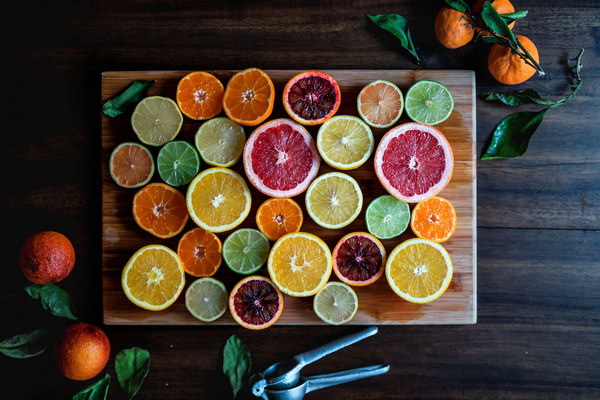Reviving Your Health How to Tackle Dampness and Achieve Wellness
Introduction:
Dampness, also known as Damp-Heat in traditional Chinese medicine, refers to an excess of moisture in the body that can lead to various health issues. Excessive dampness can manifest as fatigue, weight gain, bloating, and even more severe conditions such as arthritis or edema. This article will provide you with practical tips on how to identify dampness in your body and offer effective ways to eliminate it, leading you towards a healthier and more balanced life.
1. Identifying Dampness in Your Body:
a. Excessive Fatigue: Do you often feel tired and lack energy, even after a good night's sleep? This could be a sign of dampness in your body.
b. Weight Gain and Bloating: Experiencing sudden weight gain, especially around the abdomen, or persistent bloating could indicate an accumulation of dampness.
c. Cold, Heavy Head: Feeling like you're carrying a heavy head or experiencing a constant sense of drowsiness might be due to dampness.
d. Excessive Phlegm: Coughing up thick, yellow, or green mucus is a common symptom of dampness.
e. Weakness in the Limbs: Do you feel like your legs are constantly weak or heavy? This might be a sign of dampness affecting your muscles.
2. How to Tackle Dampness:
a. Diet: A balanced diet is essential in managing dampness. Avoid foods that contribute to dampness, such as dairy products, sugar, and greasy foods. Instead, focus on a diet rich in fiber, such as whole grains, fruits, and vegetables. Some specific foods that can help reduce dampness include:
- Green leafy vegetables: Spinach, kale, and collard greens.

- Root vegetables: Carrots, beets, and sweet potatoes.
- Herbs: Dandelion, turmeric, and ginger.
b. Exercise: Regular physical activity can help boost your body's ability to eliminate dampness. Engaging in moderate exercise, such as walking, jogging, or yoga, can help improve circulation and promote the elimination of excess moisture from the body.
c. Herbs and Supplements: Traditional Chinese medicine offers various herbs that can help reduce dampness. Some of the most commonly used herbs include:
- Astragalus (Astragalus membranaceus): Enhances the immune system and promotes the elimination of dampness.
- Poria (Poria cocos): Known for its diuretic properties, poria can help reduce dampness in the body.
- Rehmannia (Rehmannia glutinosa): Known for its ability to nourish the kidneys and eliminate dampness.
d. Lifestyle Changes: In addition to diet and exercise, adopting a healthy lifestyle can help eliminate dampness. Here are some tips:
- Get enough sleep: Lack of sleep can weaken your immune system and make it harder to fight dampness.
- Manage stress: Chronic stress can lead to an imbalance in your body, making it more susceptible to dampness.
- Avoid exposure to damp environments: Try to minimize your exposure to cold, wet environments, as they can exacerbate dampness.
Conclusion:
Eliminating dampness from your body is essential for achieving a healthier and more balanced life. By following the tips outlined in this article, you can effectively manage dampness and improve your overall well-being. Remember that it may take time to see significant improvements, so be patient and consistent in your efforts.









